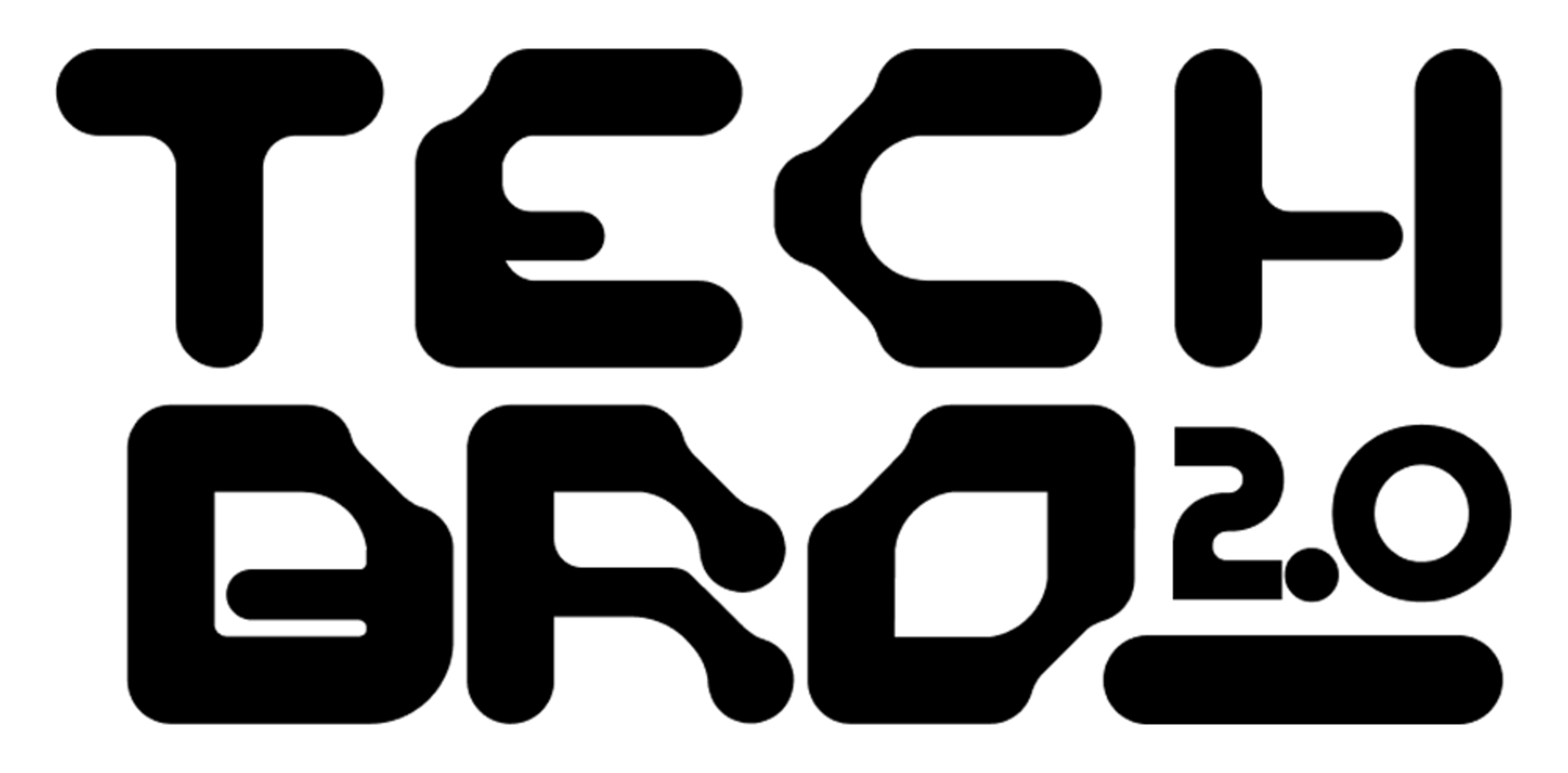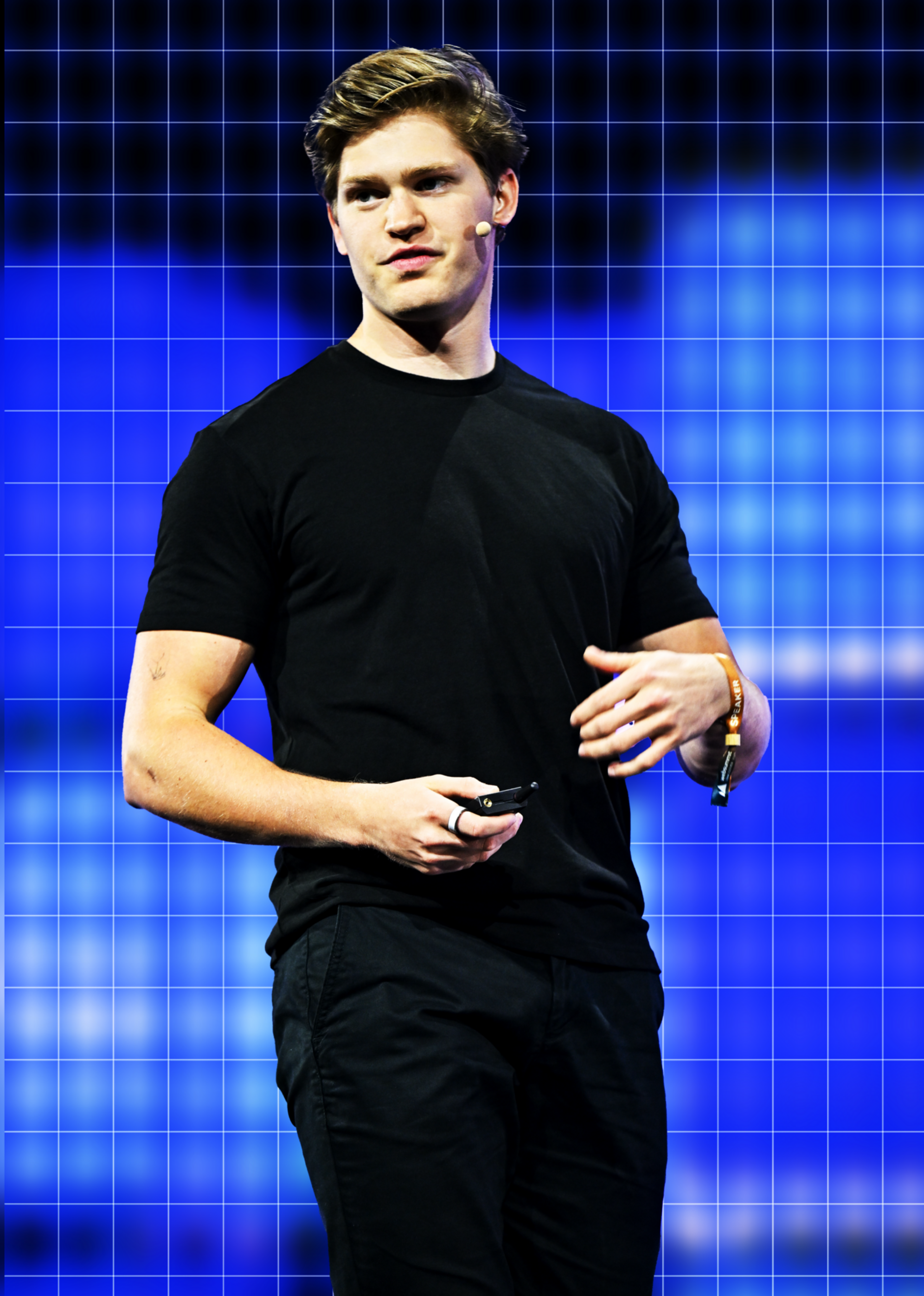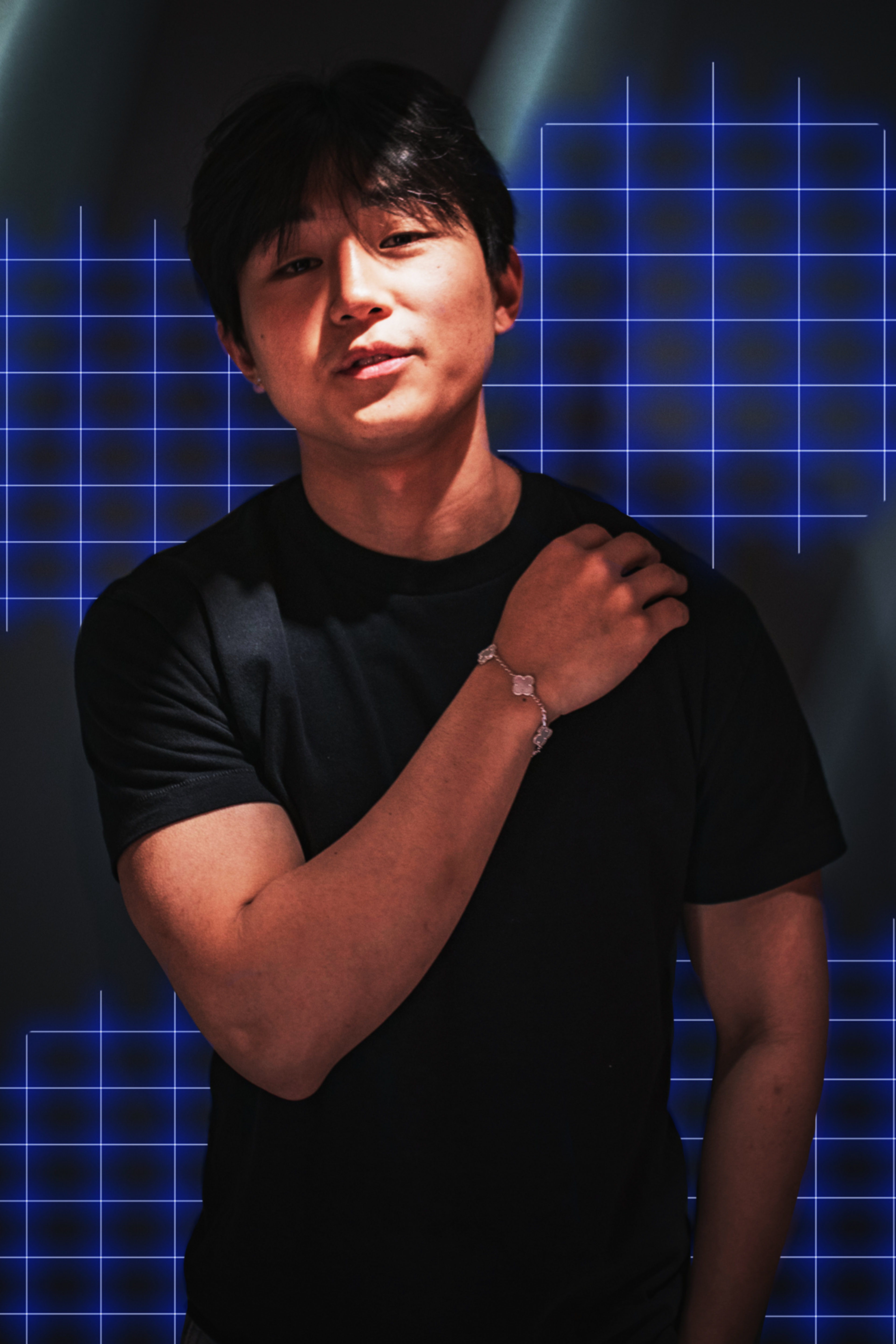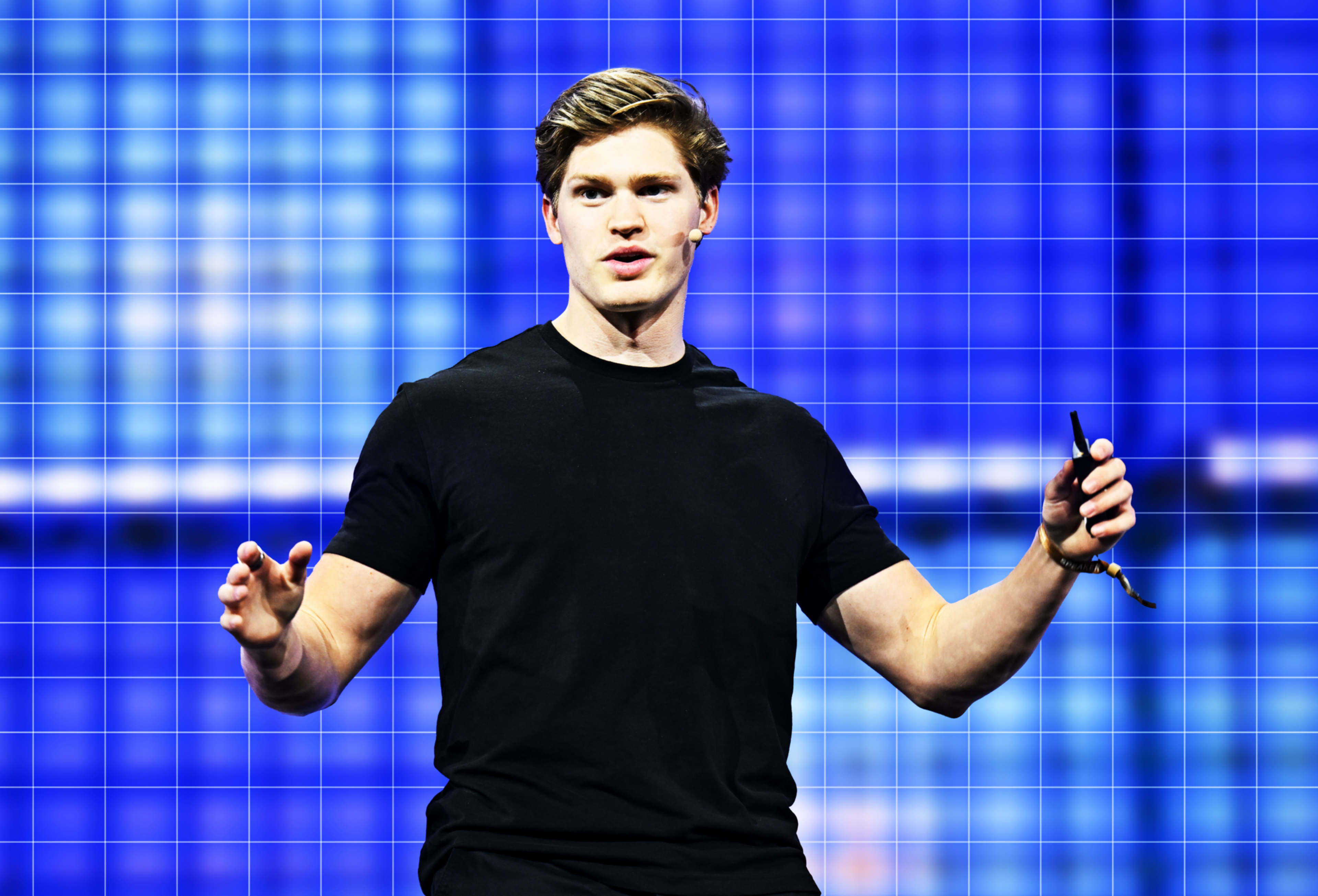Much to the chagrin of tech bros looking to muscle their way to AGI, the laws of time apply to them just as they do to everyone else. But that doesn’t stop them from trying to hack the clock.
Each of the nearly two dozen founders we interviewed for The Standard’s Tech Bro 2.0 series has his own strategies for squeezing more out of the day, whether it’s outsourcing decisions to chatbots, structuring work around punishing schedules, or using AI agents to perform the grunt work. Not even downtime is safe: Tech bros have repurposed parties, dates, and once-sacrosanct acid trips as productivity tools.
Here are the top five productivity-maxxing tips we heard. Exercise extreme caution when adopting them into your own life, unless you’re ready to go full tech bro.
AI for everything
Still using Google? Nearly all of the tech bros interviewed by The Standard said they’ve abandoned the dinosaur search engine in favor of running their lives with chatbots and AI agents.

Inside the lives of Silicon Valley’s young hustlers
“For personal life, work stuff, everything — any decision I have to make that I’m not sure about, I just immediately go to ChatGPT,” said Jaspar Carmichael-Jack, cofounder and CEO of AI sales agent startup Artisan. “It’s totally supercharged my productivity.”
Carmichael-Jack has used the OpenAI chatbot for everything from finding people with hyper-specific skill sets to poach from other companies (it worked) to pinpointing nearby gyms with a day pass while he’s travelling.
ChatGPT is widely cited as the preferred bot for legal, romantic, and investing advice. However, for coding, the bros gravitate toward Anthropic’s Claude. For keeping track of calories and macros, many use Cal AI.
One Chowdhury, 24, CEO of AI sales management startup Octolane, said he used ChatGPT to design an AI agent that checks his location at lunch and dinner time and automatically places a DoorDash order for him from a list of his favourite restaurants, which include Burma Love and Panda Express.
“It’s all about hyperoptimizing my time, such that I focus on work,” said Chowdhury.
Back to the bunker
Just a few years ago, pandemic-era remote-work policies and doom-loop fears drove startups out of San Francisco. But they’re back, and tech bros spend most of their waking hours in the office — at least, when they’re not lifting weights at Equinox.
“Remote work was a big psyop,” said Jackson Denka, founder and CEO of trading and finance platform Azura. “It was fun for a bit, but it erodes culture and productivity and can get depressing.”

Almost every tech bro we interviewed works in-person, putting in anywhere from 80 to 120 hours a week. In fact, Ramp data shows there’s been a pronounced jump this year in employee spending activity on Saturdays, beginning around noon and running until midnight. This lends credence to the theory that the “996" work schedule — 9 a.m. to 9 p.m., six days a week — has gone mainstream.
For startups building hardware, working in-person is a no-brainer. “I’m not going to give you a $20,000 machine to go test stuff from your bedroom,” said Matej Cernosek, 29, cofounder and CEO of AI-powered underwater sensing network AndrenaM.

For other founders, intense work hours are necessary for their startups to succeed. Cyril Gorlla, 23, CEO of AI risk-mitigation startup CTGT, works more than 996, regularly putting in 14-hour days. Some days, he sleeps on a mattress pad in his Financial District office instead of wasting time commuting the 20-odd minutes back to his home in the Mission.
“This work culture is not unprecedented when you consider the stringent work cultures of the Manhattan Project and NASA’s missions,” Gorlla told The Standard last month. “We’re solving problems of a similar if not more important magnitude.”
Fasting and drugs
While many founders power their startups into existence through sheer force of will, each tech bro has his own rituals for stepping back and rekindling creativity and focus.
Silen Naihin swears by dopamine fasting. One Saturday a month, the 23-year-old founder and CEO of AI sales startup Endflow switches off his phone before going to bed and spends Sunday without technology, food, books, and human contact. Think of it as raw-dogging life.
“I just have a piece of paper, a pen, and some water,” said Naihin, who lives in Dubose Triangle. His dopamine-fasting days are the only ones he takes off work every month. He uses them to catch up on sleep, reflect on his professional and personal life, and reset his dopamine levels to a low baseline.
‘I think acid specifically allows you to have a big, blank canvas. It’s not like taking mushrooms, which is more emotionally turbulent. Acid allows you to see the bigger picture.’
Zach Dive, cofounder of Adam
“It’s a magical experience that I recommend to everyone,” said Naihin. “Everything becomes interesting, like, the world is so much more colorful and sounds so much better. It’s an insanely clarifying experience.”
Zach Dive, 26, cofounder of the AI hardware design prototyping startup Adam, is a fan of strategic LSD trips to spark ideas. Before launching Adam, he dropped two tabs and wandered the trails of the Berkeley Hills. Now, as his Marina-based team debates what to build next, they’re planning a group trip — this time through the halls of the Computer History Museum in Mountain View.
“I think acid specifically allows you to have a big, blank canvas,” said Dive. “It’s not like taking mushrooms, which is more emotionally turbulent. Acid allows you to see the bigger picture.”
PTO for hinge dates
Grinding all day at a startup can get lonely, and one founder has an incentive-based solution.
Roy Lee, cofounder and CEO of the stealthy AI desktop app Cluely, encourages his employees to go on Hinge dates and gives them paid time off to do so. They’re even allowed to expense the cost of dates to the company.

“I think people are generally more productive when they’re not lonely,” Lee, who is best known for being kicked out of Columbia University this year, told The Standard in July.
The dating policy, he explained, is borrowed from our Bronze Age ancestors, who didn’t hesitate to hook up. It’s part of Cluely’s push to embody ancestral living while keeping its hacker/influencer house “as fratty as possible” — all in the name of productivity.
“Humans are biologically primed to live in a group, hunt with each other, and work together,” said Lee, who lives with his cofounders and some of Cluely’s employees at the startup’s SoMa headquarters.
‘A second brain’
What wouldn’t a founder give to have a perpetual thought-partner taking notes about every moment of their day?
‘[It’s] like having a modern-day Rockefeller Rolodex that keeps track of my network, my meetings, my entire life.’
Nicholas Lopez, cofounder of Horizon
Founders are increasingly using AI-powered recording devices and software during meetings, coffee chats, and even at parties. Some devices are necklaces; others are discreet lapel pins. For those who don’t want an extra piece of hardware, there are transcription apps that run in the background of phones, laptops, and Apple watches, like Cluely, Granola, and OpenAI’s new ChatGPT Record feature. Tech bros report that these tools help them stay “present” in meetings, outsource busywork, and act as a perpetually available collaborator.

Nicholas Lopez, 23, cofounder of AI consultant platform Horizon, said his $159 Plaud pin has given him a “second brain” that keeps track of his every conversation.
“[It’s] like having a modern-day Rockefeller Rolodex that keeps track of my network, my meetings, my entire life,” Lopez told The Standard in August, referencing the late banker David Rockefeller’s custom-designed 5-foot-high filing system (opens in new tab).
Most tech bros reported using some kind of AI transcription software on their laptops, but hardware device adoption is nascent. Widely anticipated pendant launches from Friend (opens in new tab) and Omi (opens in new tab), the new Meta Ray-Ban Smart Glasses, and OpenAI’s partnership with Jony Ive to make AI-first devices might make the accessories everyday essentials. And when they go live, you know who’ll be first to wear them.
